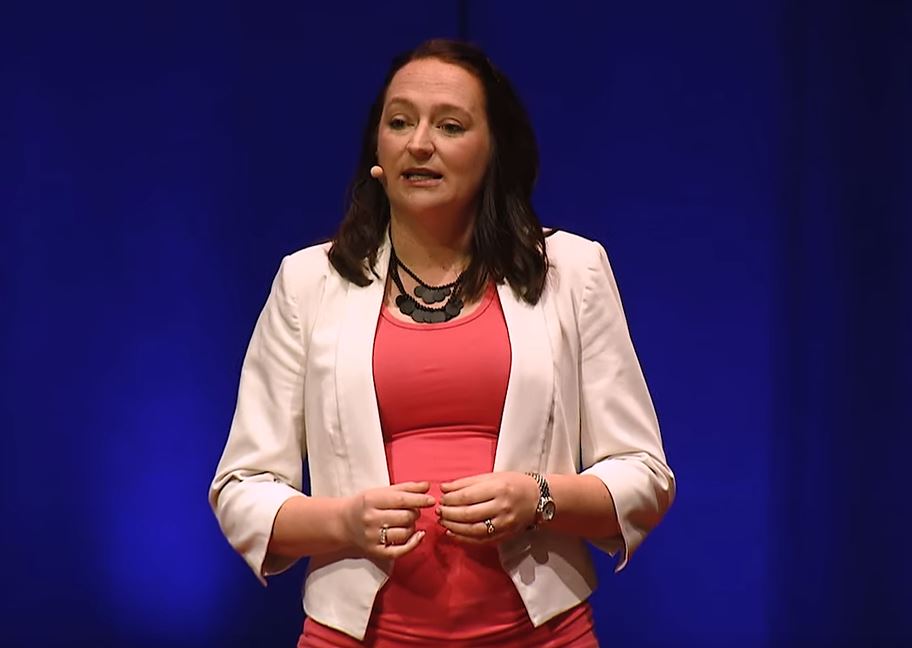Search
Research
Evaluation of impact of 23 valent pneumococcal polysaccharide vaccine following 7 valent pneumococcal conjugate vaccine in Australian Indigenous children.Background: High incidence and serotype diversity of invasive pneumococcal disease (IPD) in Indigenous children in remote Australia led to rapid introduction of
Research
Optimization is required when using linked hospital and laboratory data to investigate respiratory infectionsChart review to validate linked microbiological data
Research
Systematic review and meta-analysis of respiratory viral coinfections in childrenCoinfection is not associated with increased clinical severity, but further investigations by pathogen pairs are warranted
Research
Dedicated paediatric Outpatient Parenteral Antimicrobial Therapy medical support: a pre-post observational studyWe examined the impact of introducing a dedicated team to OPAT, to define the role of increased medical oversight in improving patient outcomes in this cohort.

News & Events
Sharing the power of data at TEDx PerthDr Hannah Moore was one of WA’s brightest minds chosen to speak at TEDX Perth in November last year, presenting her insights into the power of data in fighting infectious diseases to a sold-out crowd at the Perth Concert Hall.
Research
Morbidity due to acute lower respiratory infection in children with birth defects: A total population-based linked data studyChildren with birth defects experience higher rates of hospitalisation for ALRIs before age 2 years than children with no birth defects.
Research
The Platform Trial In COVID-19 Priming and BOOsting (PICOBOO): The immunogenicity, reactogenicity, and safety of different COVID-19 vaccinations administered as a second boosterPICOBOO is a randomised, adaptive trial evaluating the immunogenicity, reactogenicity, and safety of COVID-19 booster strategies. We report data for second boosters among individuals 50-<70 years old primed with AZD1222 (50-<70y-AZD1222) until Day 84.
Research
Australian Group on Antimicrobial Research surveillance outcome programs - bloodstream infections and antimicrobial resistance patterns from patients less than 18 years of ageFrom 1 January 2020 to 31 December 2021, thirty-eight institutions across Australia submitted data to the Australian Group on Antimicrobial Resistance (AGAR) from patients aged < 18 years (AGAR-Kids). Over the two years, 1,679 isolates were reported from 1,611 patients. This AGAR-Kids report aims to describe the population of children and adolescents with bacteraemia reported to AGAR and the proportion of resistant isolates.
Research
The full health, economic, and social benefits of prospective Strep A vaccinationRecent research has documented a wide range of health, economic, and social benefits conferred by vaccination, beyond the direct reductions in morbidity, mortality, and future healthcare costs traditionally captured in economic evaluations.
Research
Modelling respiratory syncytial virus age-specific risk of hospitalisation in term and preterm infantsRespiratory syncytial virus (RSV) is the most common cause of acute lower respiratory infections in children worldwide. The highest incidence of severe disease is in the first 6 months of life, with infants born preterm at greatest risk for severe RSV infections.
